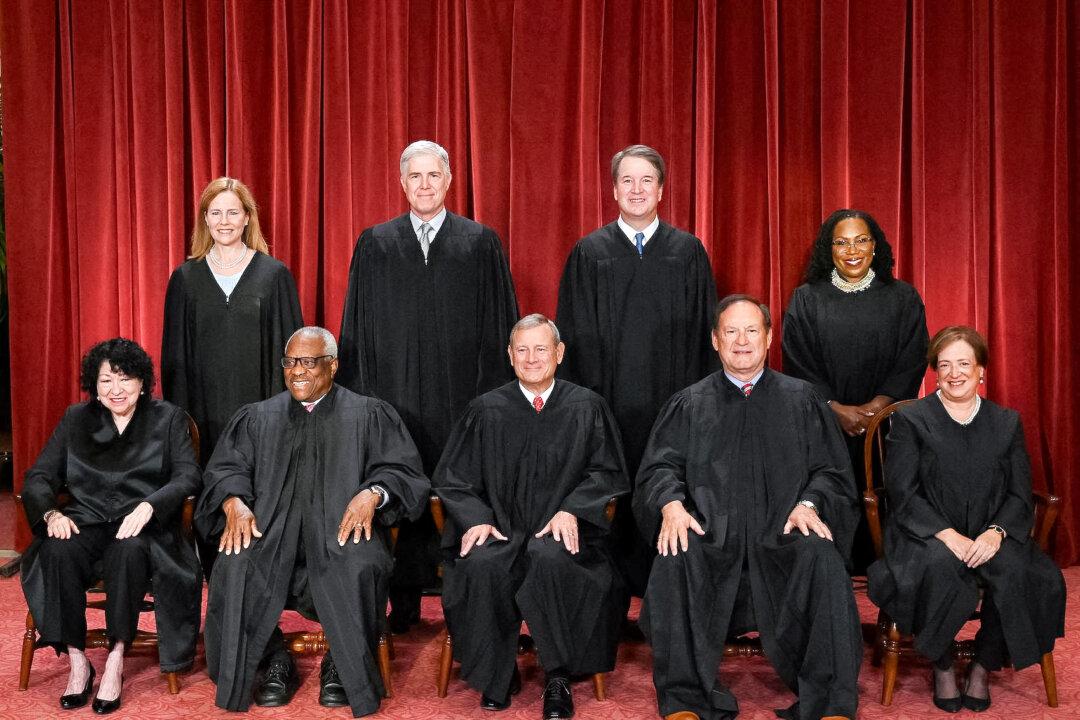Former President Donald Trump, in his Monday emergency petition to the Supreme Court, made an additional request that could add another delay to his federal election case trial.
While petitioning the high court to extend the delay in his federal election interference trial, President Trump’s lawyers indicated their intention to further prolong the delay by also requesting that the full District of Columbia Circuit Court of Appeals weigh in. Only after that process would they file a formal appeal to the Supreme Court, they wrote. This could delay the restart of trial preparations by weeks if not months.





